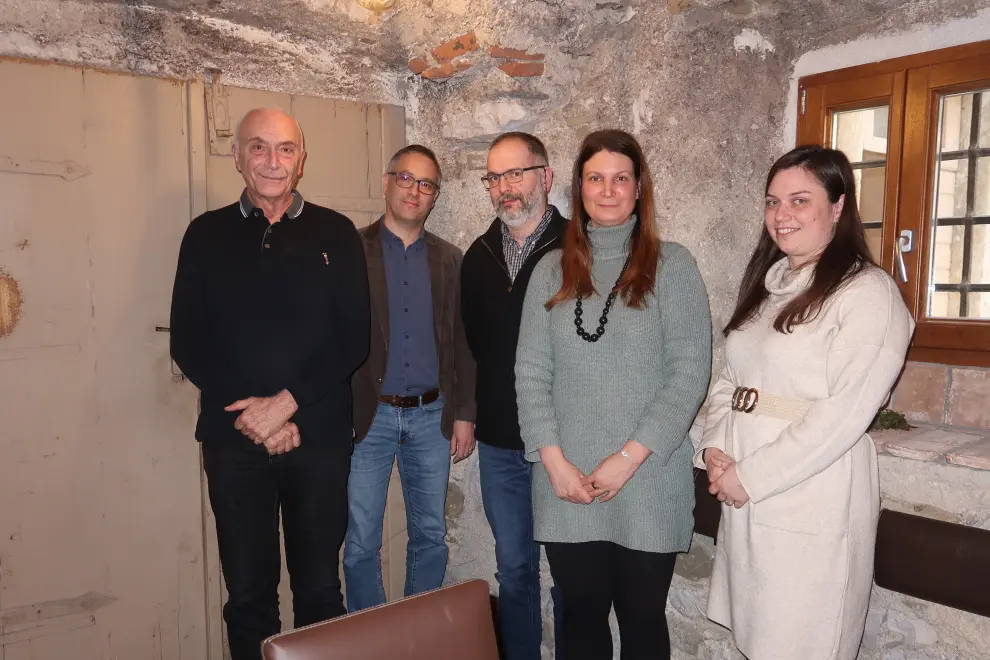Meat to be grown in labs in Ajdovščina
Having sold his ultra-light aircraft maker Pipistrel to a US company in 2022, the Ajdovščina-based entrepreneur Ivo Boscarol has been exploring new business opportunities. He has recently started a new company to develop and produce cultured meat, and later plants, from stem cells.
"I am convinced that climate change will make it increasingly challenging to produce fodder for livestock. Experts say heavy rainfall with flooding will become more frequent, which will destroy forage, and long periods of drought will of course make it impossible to produce forage," Boscarol told the Slovenian Press Agency in explaining his decision to participate in a start-up called Tech4Meat.
The company currently has two employees and several contractors, including employees of the Ajdovščina-based Centre of Excellence for Biosensors, Instrumentation and Process Control (CO BIK), which is also one of the shareholders alongside Boscarol and his daughter Taja Boscarol and the CEO, Katja Križman.
More hiring is planned in the coming months and in three to five years the company is expected to employ several dozen engineers, scientists and experts in biotechnology and food technology.

Tech4Meat sharholders and staff (left to right): founder Ivo Boscarol and employees Matjaž Peterka, Marko Ušaj, Kaja Križman and Tinkara Pirc Marolt. Photo: Rosana Rijavec/STA
Currently, the company is doing research, and the first products are expected to hit the market in a few years, said Križman, who used to work on similar projects in Singapore.
Meat can be produced from a single animal cell in a humane way in labs, which means you get actual meat but without breeding or killing animals, which is also good for the environment, said researcher Marko Ušaj, adding that the taste would be genuine, as the meat would be made from real animal cells.
Other food can also be produced this way. "Anything that can be produced by growing cells can be produced. It depends on what the basic cell is and how it is grown. Of course, there are still some challenges at the moment - what cells can be grown, how can they be grown, ... which ones will be economically viable to grow," he said.
At the moment growing cells is still quite an expensive process, so Tech4Meat will try to include locally produced ingredients such as legumes, plant food, plant products, fodder and even food waste into its development and production processes, said Ušaj.
The plan is for the company to have 15,000-20,000 square metres of labs and production facilities, says Boscarol, who sold Pipistrel to Textron for over €200 million in 2022. He would not reveal the value of the investment.
"Given the promising demand in the sustainable food market, we aim to achieve a stable market share, which is expected to generate tens of millions of euros in revenue in the future," Boscarol said.
Although the lab-produced meat market is still in its infancy, there are already companies near Slovenia working on similar innovations. Tech4Meat aims to become a key player in the market with its innovative approaches, ambitious goals and responsible business conduct.



